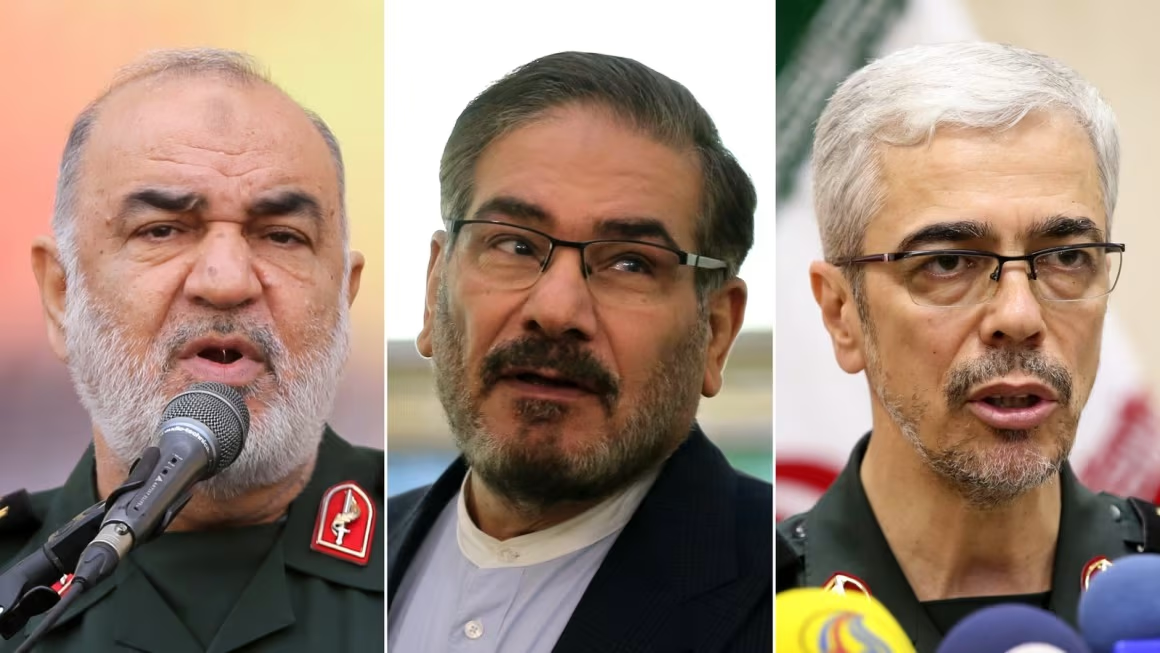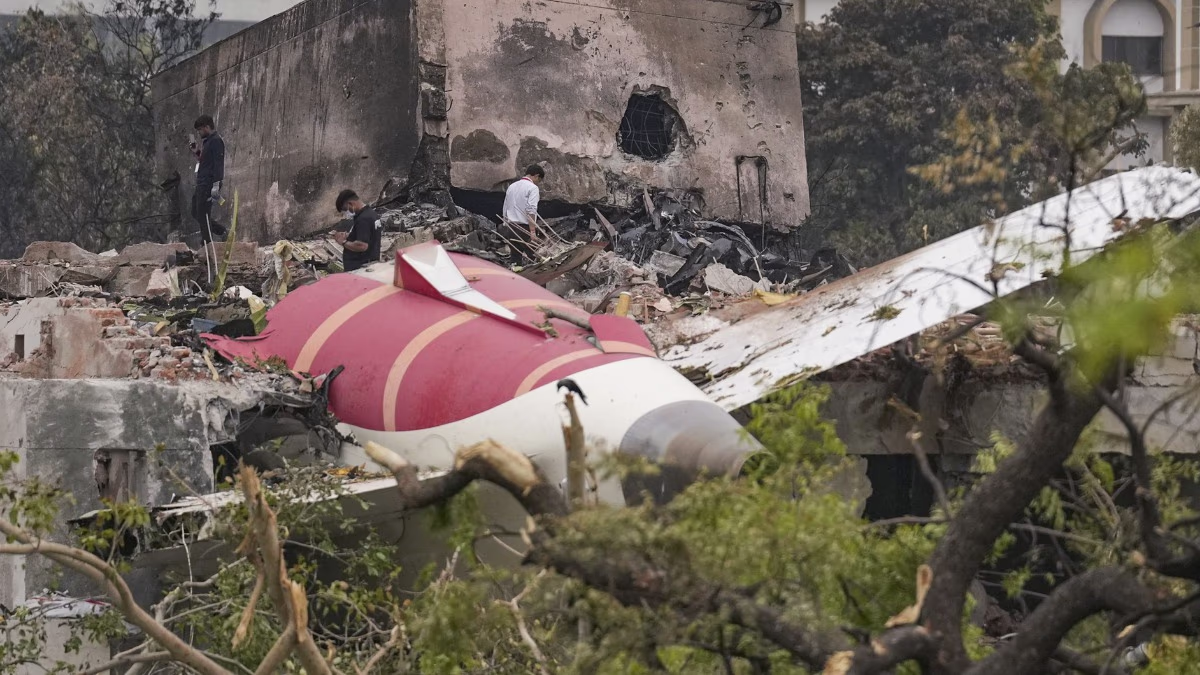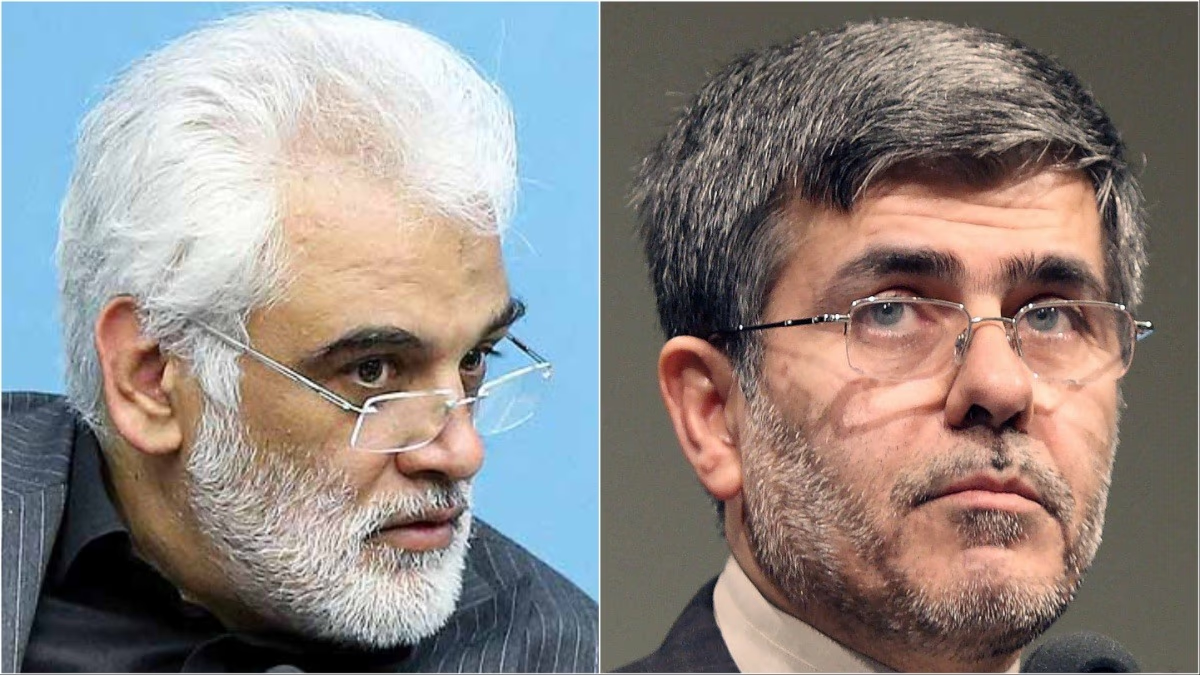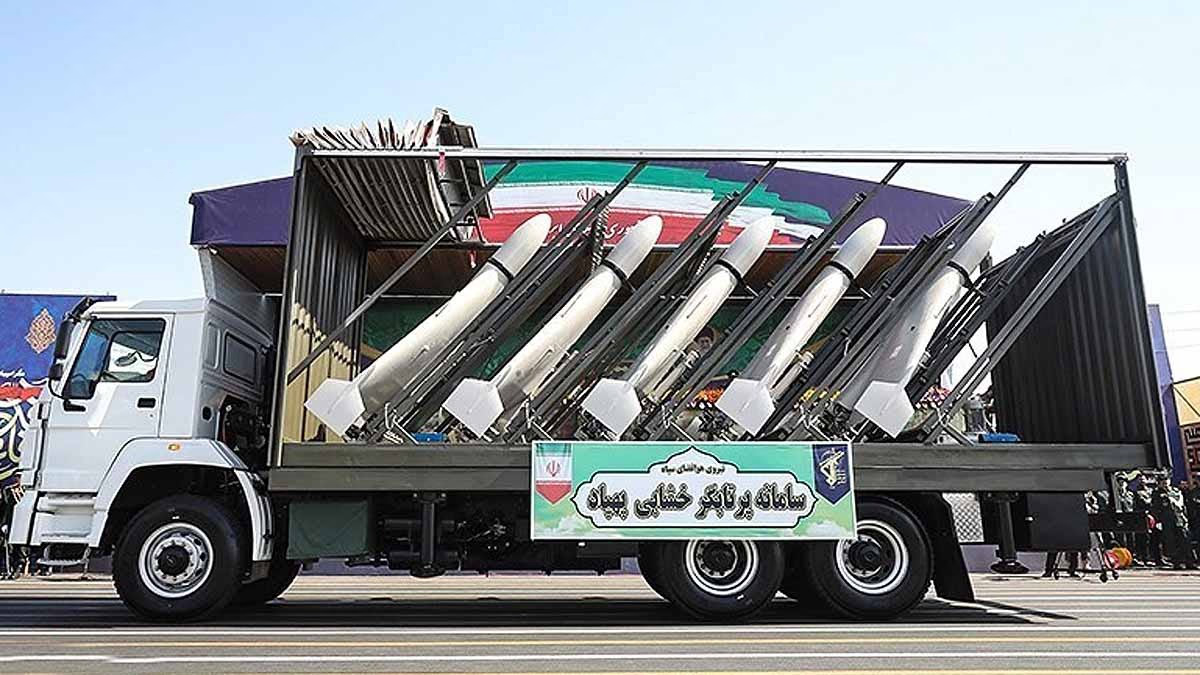The escalating conflict between Israel and Iran has significantly heightened tensions in West Asia. For two consecutive days, Israel has carried out airstrikes on Iran. Prime Minister Netanyahu’s forces have persistently targeted Iranian nuclear sites. Late into Friday night, Israel unleashed a barrage of missiles, prompting Iran to respond in kind with over a dozen missiles targeting Israeli territory.
On the morning of June 13, the Israeli military initiated a major offensive against Iran, codenamed
Operation Rising Lion
. Under this operation, more than 200 fighter jets conducted strikes on over 100 sites in Iran, predominantly targeting nuclear and military facilities. Prominent figures such as the Revolutionary Guards leader Hossein Salami, Iranian Armed Forces Chief of Staff Mohammad Bagheri, and close aides to Supreme Leader Ayatollah Ali Khamenei were reportedly killed. With such impactful losses, Iran is actively retaliating.
Amid these hostilities, the Israeli military reported renewed missile launches from Iran. The incessant missile alarms have sent residents in Northern Israel seeking refuge in bunkers. Authorities are urging the populace to shelter in bomb-proof facilities.
According to Iranian media reports, Israel has also struck the Iranian city of Isfahan. Israel claims these strikes are aimed at curbing Iran’s capability to develop nuclear arms, as it accumulates uranium sufficient for a nuclear bomb. It’s reported that the Israeli IDF deployed 200-300 fighter jets to execute these strikes, hitting four nuclear and two military sites. So far, 78 casualties and over 350 injuries have been reported due to the Israeli offensive.
Israeli Prime Minister Benjamin Netanyahu emphasized that these operations will persist until Israel’s security is fully guaranteed.

Source: aajtak
Iran's True Promise 3 in Counter to Israel's Rising Lion
In retaliation, Iran launched its military operation ‘True Promise 3’ on Friday night, firing over 150 ballistic missiles towards Israel. Of these, six struck Tel Aviv, resulting in the death of a woman and injuries to 63 others. Iranian media also claims that Israel’s Ministry of Defense was targeted.
Given the current scenario, Iran has closed its airspace and declared a national emergency. Meanwhile, the Israeli Defense Forces assert that their air defense systems have effectively neutralized most of Iran’s drones and missiles. Iran has called for an urgent meeting of the United Nations Security Council, condemning Israel's acts as aggressive military actions.
Previously, in April 2024, Iran conducted ‘True Promise 1’ against Israel, a response to an attack on the Iranian consulate in Syria. The Revolutionary Guards deployed hundreds of drones and missiles in that operation. This was followed by a second phase in October 2024, after the assassination of Hezbollah leader Hassan Nasrallah and strikes on Iranian military sites.
Intense Overnight Strikes Persist on Both Sides
Numerous media reports indicate an unwavering intent from both nations. Throughout the night, airstrikes were exchanged relentlessly.
Israel conducted repeated air raids over Tehran and other cities, while Iran countered with missile and drone assaults. In Israel, millions are taking refuge in bunkers amidst constant missile warnings. Similarly, Iranian citizens have been advised to move to safer zones. Reports suggest 78 casualties and 329 injuries due to Israeli strikes on Iranian territories.
The severity of tensions between the two countries shows no signs of abating. Israel remains firm on continuing Operation Rising Lion until Iran's nuclear threat is conclusively eliminated. Meanwhile, Iran is not only warning of countermeasures but is also gearing up to enhance its ballistic missile capabilities. A red alert is in effect in Israel, urging citizens to stay sheltered in bunkers.
This ongoing strife stems from a prolonged history of strained relations, with Israel perceiving Iran’s nuclear ambitions as a significant existential threat.




